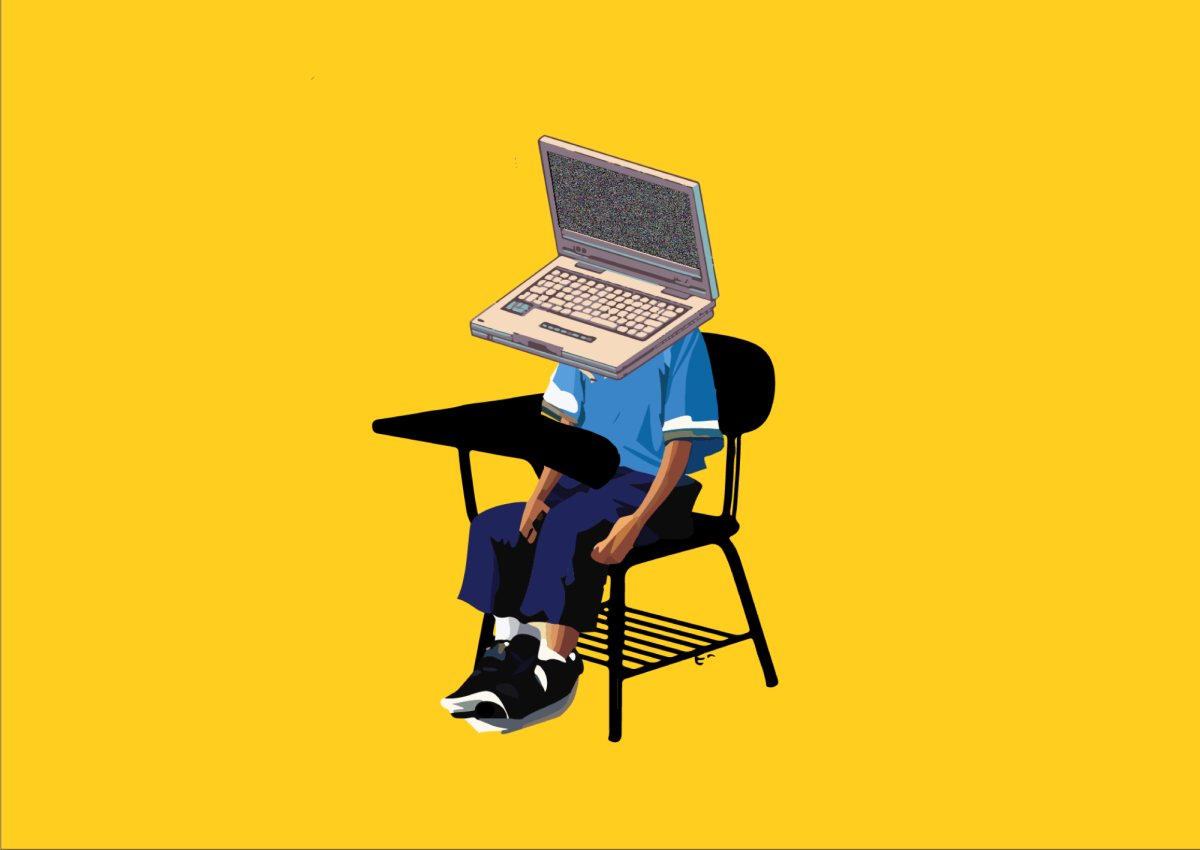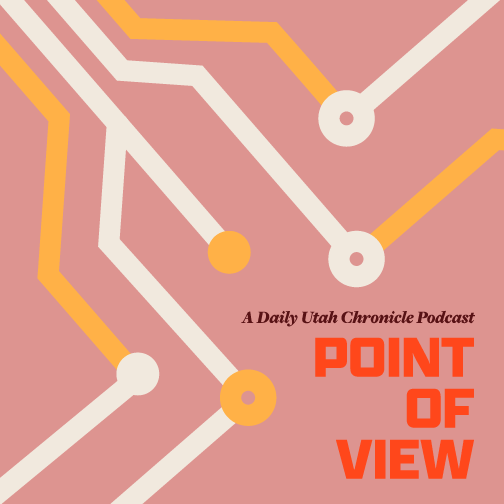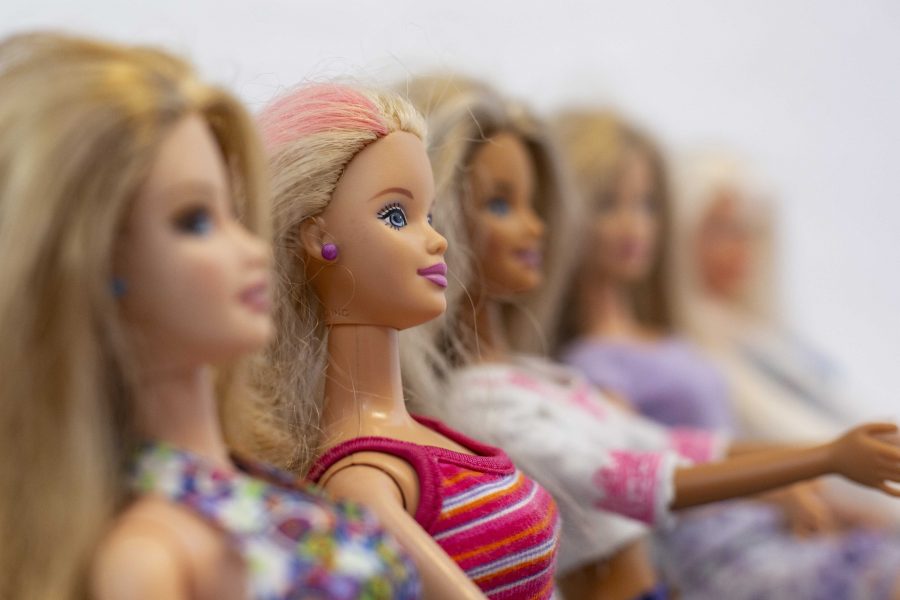“And why should we believe Engineering Barbie?” He spit the words across the table as I concluded my presentation, recommending to me the use of a more expensive metal to manufacture a critical component in my product design. His remark solicited snickers from the room. Members of my team and individuals I did not know laughed at my appearance. Perhaps with my light pink shirt, nude high heels and fuchsia calculator, I resembled the iconic plastic doll, a toy that I grew up playing with and loving. I smiled. To me, Barbie is a doctor and a dancer, a princess and a president, an astronaut and an athlete, not an insult.
Earlier this month, Mattel announced a new line of “science, exploration and research” Barbies in partnership with National Geographic. For the first time since her debut almost 60 years ago, Barbie will be exploring science, technology, engineering and math (STEM) fields such as astrophysics and marine biology. Lisa McKnight, senior vice president and general manager of the Barbie brand, promoted the partnership and said, “Barbie allows girls to try on new roles through storytelling by showing them they can be anything.”
Sadly, this announcement was met with criticism. Sensationalized research has claimed that Barbie negatively impacts young girls’ career aspirations, while anecdotes held the doll responsible for body dysmorphia in young women. However, such so-called research does not hold up under scientific scrutiny, as both studies relied heavily on small and unrepresentative sample sizes. Instead, these “it feels right, so it must be right” studies highlight a pervasive and often unconscious bias in our society. Barbie is not being taken seriously because of her appearance, an experience which many female engineers like myself are sadly too familiar with.
Dr. Stephanie Johnson, a researcher at the University of Colorado Boulder and an expert in the “beauty is beastly” effect, explained why women struggle to find gainful employment in a traditionally male-dominated fields like engineering. “An attractive woman interviewing for a masculine job will have some very strong inferences like, perhaps, she is too feminine to do the job,” said Johnson. “These thoughts are so strong, in fact, that we found the interviewer often cannot even pay attention to what she [the candidate] is saying.”
This bias is not isolated to potential employers, as full-stack engineer Isis Wenger discovered when the internet took issue with her image being used to recruit software engineers as she did not “look like an actual engineer.” Commenters who wrote what they seemed to think were clever eviscerations of Wenger and her employer were met by hundreds of female engineers who responded to this sexism with the hashtag #ILookLikeAnEngineer. In a society where female engineers are judged on their looks instead of what they have achieved, Barbie may be the best toy to prepare young girls to be engineers.
It’s a cliché in engineering to write in a college admissions essay about growing up and playing with Legos. However, as I stood in front of my colleagues snickering at the moniker “Engineering Barbie,” I realized that I had never told anyone in my field about my adventures with Barbie. It is not because my playtime with Barbie is less relevant to who I am as an engineer than the time I spent constructing with Legos, but because I knew it would likely be considered irrelevant by many of my peers. Moments later, another realization hit me — I should not have to curate my appearance, my hobbies or my childhood interests to “look like an engineer” to my peers, because I am an engineer.
“I love Barbie,” I said in reply to the comment. The room fell silent. “I used to make her different parachutes and launch her off the back of my friend’s couch to test which one worked the best.” I paused, reaching down for my maroon dry erase marker, “If you all are unsure about my conclusion, let’s walk through my calculations more explicitly.”




















Kris D • Apr 23, 2019 at 11:55 pm
This story sounded made up. I’ve been working as a mechanical engineer for over 13 years now, and never had I ever seen anyone treated like that. Never. Not even once.
And no Morgan, you don’t look anything at all like “Barbie”.
Brynn • Apr 25, 2019 at 3:35 pm
Typical, “if it didn’t happen to me, it didn’t happen” fallacy.
Brenda Scheer • Apr 23, 2019 at 2:25 pm
As a faculty member in architecture, Barbie was critical to me as an adolescent. I spent many happy hours building a (well proportioned!!) house for Barbie out of cardboard and other recycled trash (milk cartons, e.g.). The house eventually took over my entire bedroom. Barbie was my first client and she was very demanding as well as stylish. Legos were fun, too, but Barbie taught me the human angle.
Eric H. • Apr 23, 2019 at 2:24 pm
Oh good, another article about how women are the victims of the world. Stop acting like a victim when you are not one. Silly article that forgot to use facts or documentation to back up claims. Must have been written by an engineer!
Jaimee • Apr 23, 2019 at 6:55 pm
Wow, you sound defensive. There is nothing wrong in pointing out the unconscious bias we all have towards the people around us. Whether you’re old, young, male, female, or “attractive”, these qualities all illicit expectations and bias within us on an unconscious level. And while being an attractive female may seem to be a winning combo, the data shows that in fact it is a detriment towards women being taken seriously. Pointing that out is not playing a “victim.” It simply allows us to notice and acknowledge the bias within ourselves, and try to alter our own behavior so we can create more balanced assessments of people. Don’t take it so personally.
Maeve • Apr 24, 2019 at 10:43 am
Since it sounds like the article’s hyperlinks aren’t working for you, here are some of her sources for this information. Hope this helps. As for the facts of her personal experiences, I’d try just believing her!
https://medium.com/the-coffeelicious/you-may-have-seen-my-face-on-bart-8b9561003e0f
https://www.tandfonline.com/doi/full/10.1080/00224540903365414
https://www.colorado.edu/business/stefanie-johnson
Alyssa • Apr 23, 2019 at 1:25 pm
Morgan, while I am saddened by the responses of many of your colleagues and peers, I am inspired by your response. Your elegance and grace in facing this type of adversity is admirable. As a female medical student, I often face similar criticisms from those around me and, interestingly enough, also found inspiration in Barbie (although it was veterinary Barbie). Embracing our unique perspectives as females in these demanding roles will be essential to solving many of the global problems with which our respective professions have been tasked in the years to come. I applaud your wholehearted and unabashed embracement of who you are and what you can do. At the risk of sounding cliche, you go girl!